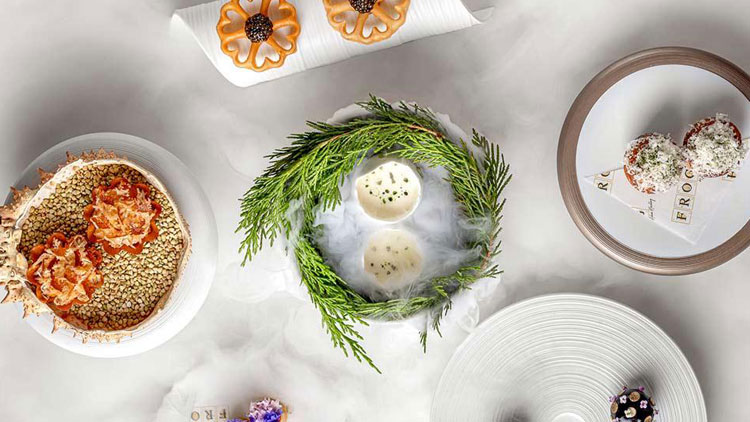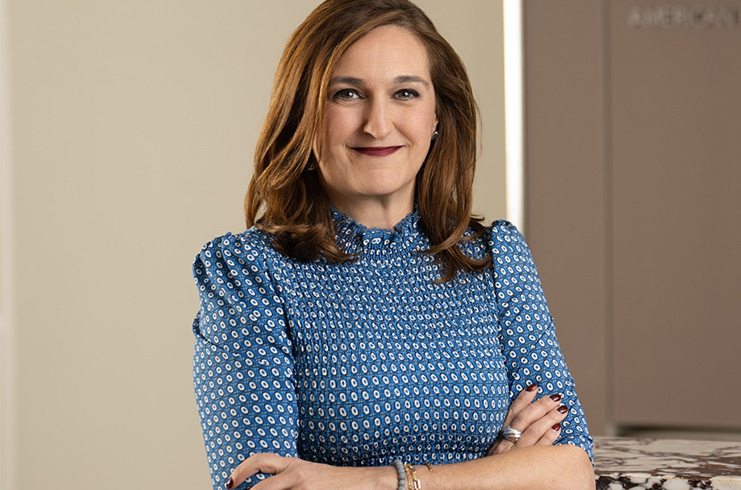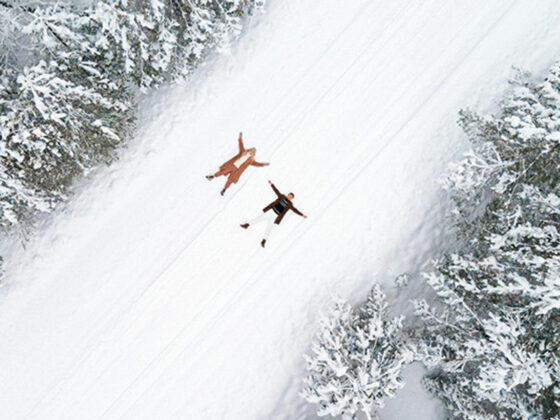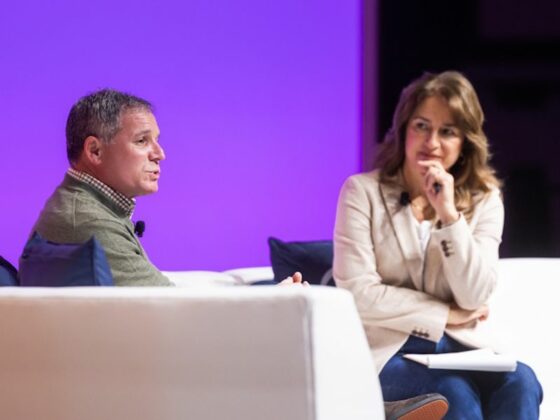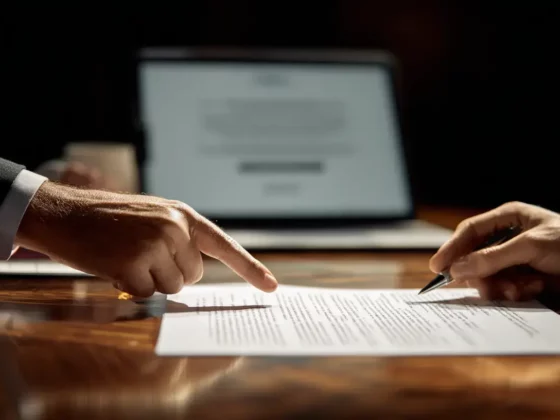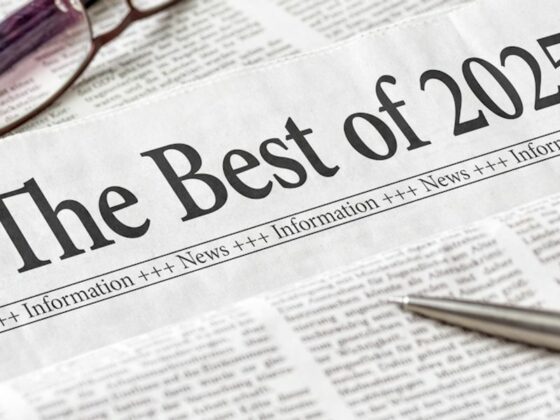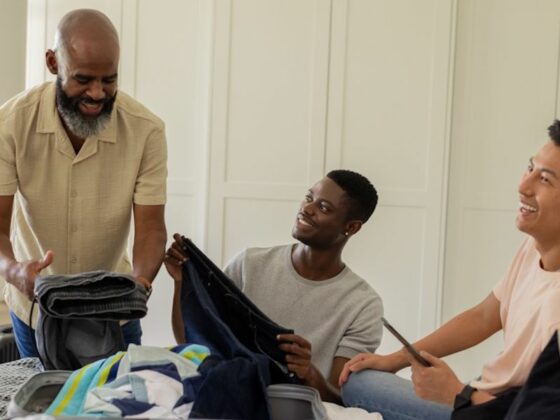The chef and restaurateur has revealed that he is pushing for the second star, with next year intended to be a transformative period for the restaurant.
Speaking at OpenTable’s Hospitality Summit in London earlier this week, Handling described how he was taking a longer-term view to gain even greater approval from Michelin’s inspectors.
“We want two stars at Frog, so we call it ‘operation two stars’,” he said.
“The whole of next year is not to achieve it but to stabilise the Frog’s business to a two-star level so that the year after hopefully it will come our way.
“If you really visualise something and you work for it, things can happen.”
Handling revealed that he actually labels his menu packs for his chefs ‘two-star menu to be achieved in 2026’. “But 2025 is the year for doing it,” he said. “There are all these little details we have to be doing to achieve it.”
Frog by Adam Handling opened in Covent Garden in the autumn of 2017 and won its first Michelin star in 2022. The restaurant is also currently ranked at number 40 in the list of the UK’s Top 100 Restaurants.
Sustainable British luxury
Handling also described the approach of his restaurant group, which also includes Ugly Butterfly in Cornwall and pub restaurants The Tartan Fox and The Loch and The Tyne as well as Eve Bar. He said that Frog by Adam Handling had a focus on “sustainable British luxury” and went to great lengths to achieve it.
“Frog is a restaurant where the first part of your menu isn’t written down – it’s the byproduct of what it takes to create the menu,” he said.
“The menu says it’s about seven courses – it’s 28 – but seven courses is the actual prime of everything and the rest is what would be discarded from them in conventional restaurants.”
He used the example of a cow, with the restaurant not only using prime and secondary cuts of beef but also “the small intricate little bits that you don’t have enough to produce large plates of food”, which are made into snacks. The bones from the animal are first used to make stocks and then sauces and are then finally reused to make into vodka for the restaurant group’s bars.
“There is no such thing as zero waste, but you can stretch an ingredient as much as you possibly can,” he added. “There are four bars in the group that really do utilise the byproduct of the kitchen to make something wonderful.”
He said he believed an approach such as this was proving popular among a more conscientious type of diner.
“People would rather be seen to be putting their money into businesses that are seen to be doing something special, whether that be experience but also a focus on education, sustainability, or utilising a specific farm.”
